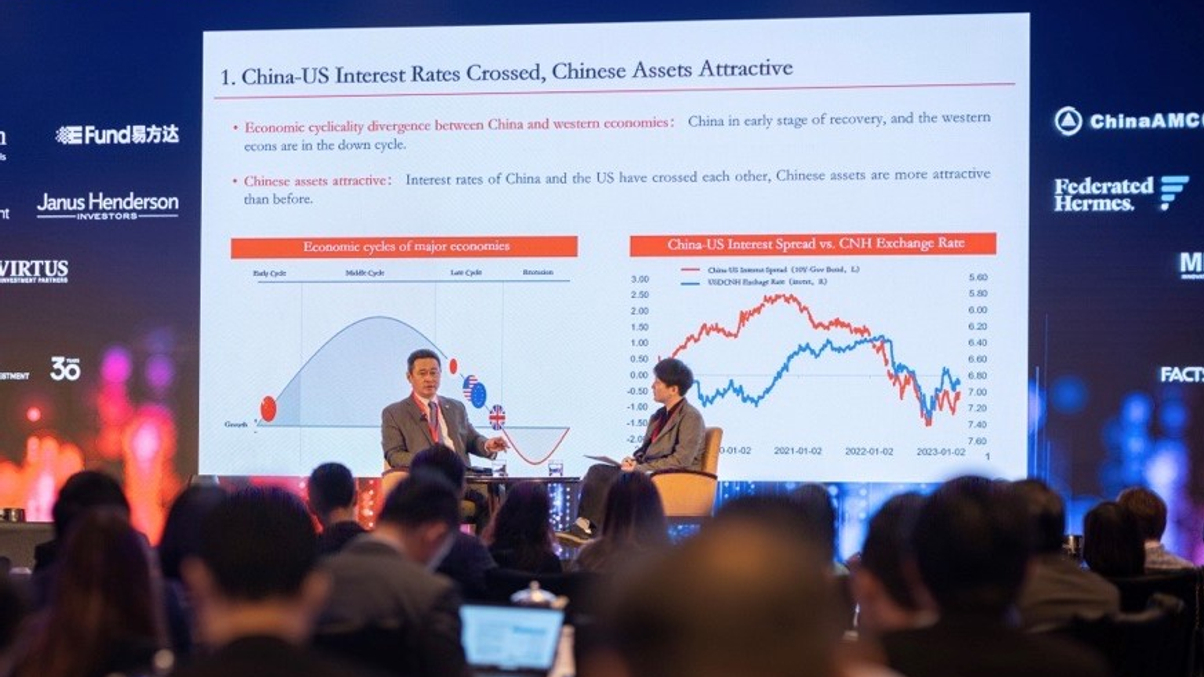How Ping An CIO 'reads between the lines' to decipher China policymaking
The investment chief of the Chinese life insurance giant shares how he understands China's policy-driven market by reading between the lines from public remarks made by policymakers.

Ping An Group holds a constructive view of China’s financial markets and sees a lot of investment opportunities in China in 2023 and beyond, according to chief investment officer Benjamin Deng.
Sign in to read on!
Registered users get 2 free articles in 30 days.
Subscribers have full unlimited access to AsianInvestor
Not signed up? New users get 2 free articles per month, plus a 7-day unlimited free trial.
¬ Haymarket Media Limited. All rights reserved.


